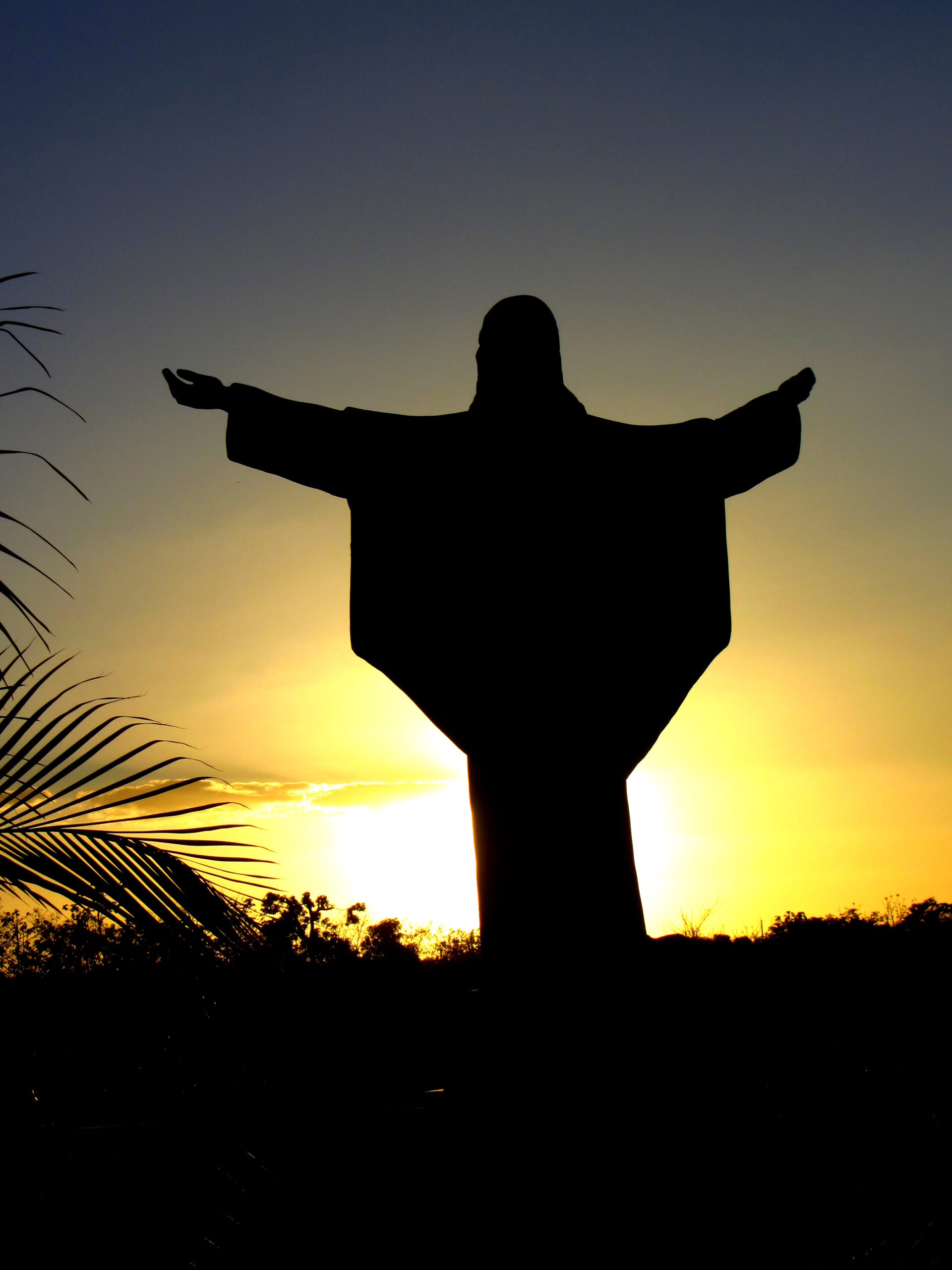I live on Cape Cod, where many of the old ships’ captain’s houses have been converted into inns. A couple of years ago a friend of mine, who owned one of them, told me in some distress that things were getting out of hand and guests were noticing it. What things? I asked her. “Bad things,” she said, and outlined the problem: rooms where the temperature inexplicably dropped dramatically, a sense guests had of someone following just behind them in the corridors, objects moved around or disappearing, voices in the night. “I think it’s haunted,” Melissa said.
I went to my parish priest and asked what could be done. “Use the strongest prayer we have,” he answered. I waited, expecting some complicated esoteric blessing known only to the clergy. He saw my bafflement and said, gently, “the Our Father.”
The strongest prayer in Christendom—and one of the simplest. Given directly by Jesus. Who knew a thing or two about evil spirits.
In fact, the exorcism of an “unclean spirit” was Jesus’s first act of public ministry, as we see in today’s Gospel reading, the first chapter of St. Mark’s account of Christ’s life and times, showing that straight from the beginning of his ministry Jesus is on a collision course with evil.
First-century culture had limitations in its understanding, and many believed the screaming of people who were ill were the screams of devils. We have a different approach and language now; still, the presence of evil remains strong. Evil has different ways of expressing itself, but it can enter people now just as it did then, manifested when a person falls prey to greed and violence. The abuse of children, the violence in a home, any exploitation of the innocent—aren’t they the effect of something bigger than just an individual’s weakness or sin? We can’t dismiss Scriptural exorcisms as cultural artifacts: they are one way of visualizing and understanding the presence of evil in the world… and of making it clear God is stronger.
Evil knew that Jesus came to destroy it. The unclean spirit recognized Jesus’ authority on this day in the synagogue even when the scribes didn’t, even when his own followers didn’t yet. Evil knew.
I don’t think we should pray the Our Father lightly. I don’t think we should underestimate the power of evil in our world. I think we need to take care. Because evil is seductive; we don’t always see it coming. In The Screwtape Letters, the imagining of a correspondence between a senior devil and his young trainee in the art of corruption, C.S. Lewis points out that anger, lust, gluttony and other sins come neatly disguised. And it’s true: anger can be triggered when we don’t get what we want, or when someone “gets in our way.” Lust gets kicked into gear for other reasons like loneliness or hurt. Gluttony isn’t just about overeating; it’s demanding more and more and more—money, property, accolades, possessions. Evil encourages sin in many different ways. We should take care. We should take care all the time.
I don’t know how Melissa’s story ended. She and I duly visited each room at the inn and prayed the Our Father together, asking especially to be delivered from evil. Shortly after that, she went to manage a place on Nantucket and sold the inn on the Cape. It’s changed hands twice since then, and I often drive by its newest incarnation and wonder what is happening there, whether guests are still feeling a presence looking over their shoulder.
I pray the Our Father that they’re not.
 Jeannette de Beauvoir is a writer and editor with the digital department of Pauline Books & Media, working on projects as disparate as newsletters, book clubs, ebooks, and retreats that support the apostolate of the Daughters of St. Paul at http://www.pauline.org.
Jeannette de Beauvoir is a writer and editor with the digital department of Pauline Books & Media, working on projects as disparate as newsletters, book clubs, ebooks, and retreats that support the apostolate of the Daughters of St. Paul at http://www.pauline.org.
Feature Image Credit: Vanesa Guerrero, rpm, https://www.cathopic.com/photo/12109-con-brazos-abiertos-te-espero
